News Desk

Scientists have found two huge, red objects in the asteroid belt that they believe are not supposed to be there – both of which have “complex organic matter” on their surfaces.

Researchers find North Africa’s oldest Stone Age hand-axe manufacturing site, dating back 1.3 million years.
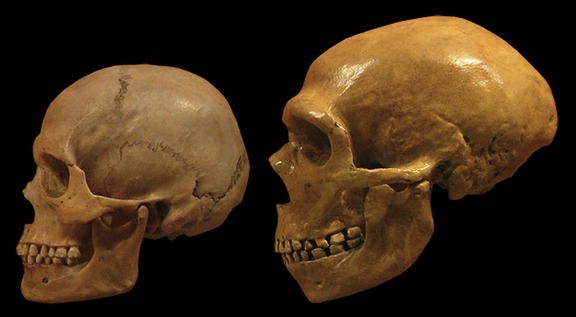
An analysis of the blood types of one Denisovan and three Neanderthal individuals has uncovered new clues to the evolutionary history, health, and vulnerabilities of their populations
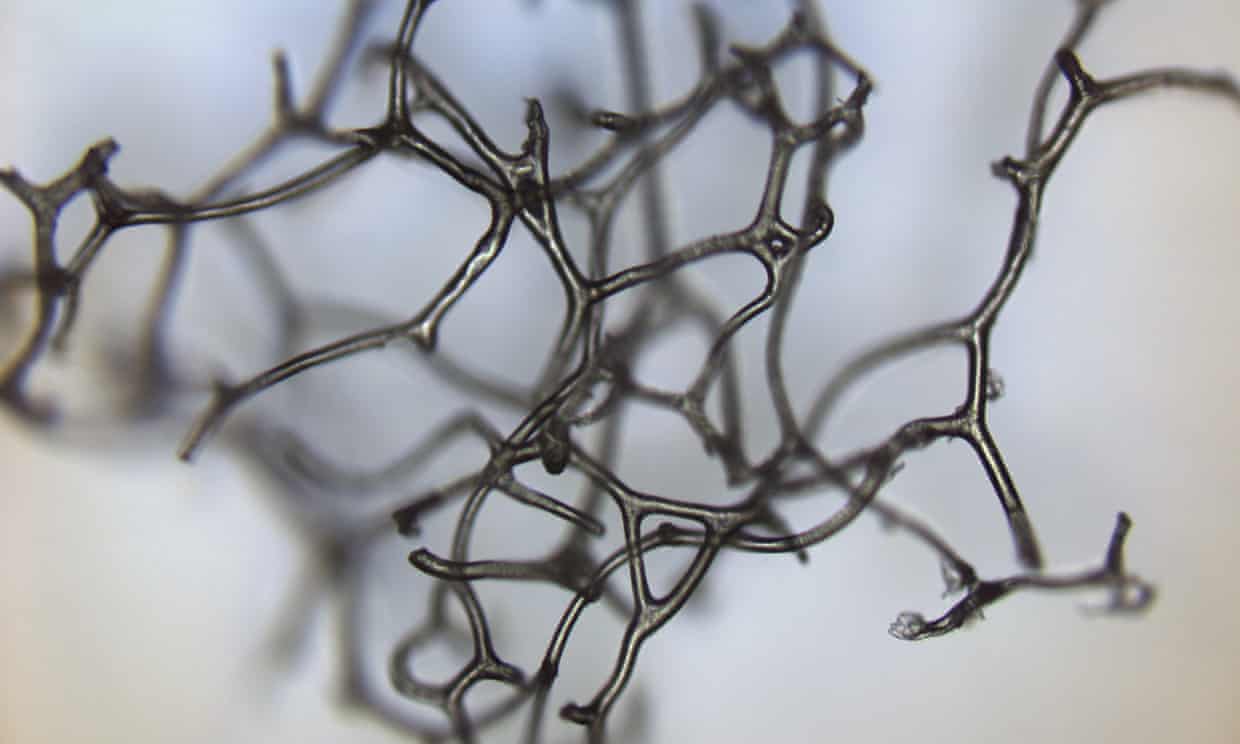
Intricate patterns of tubular structures discovered in giant ancient reefs may be the remnants of prehistoric horny sponges and the oldest known fossils of animal life on Earth.
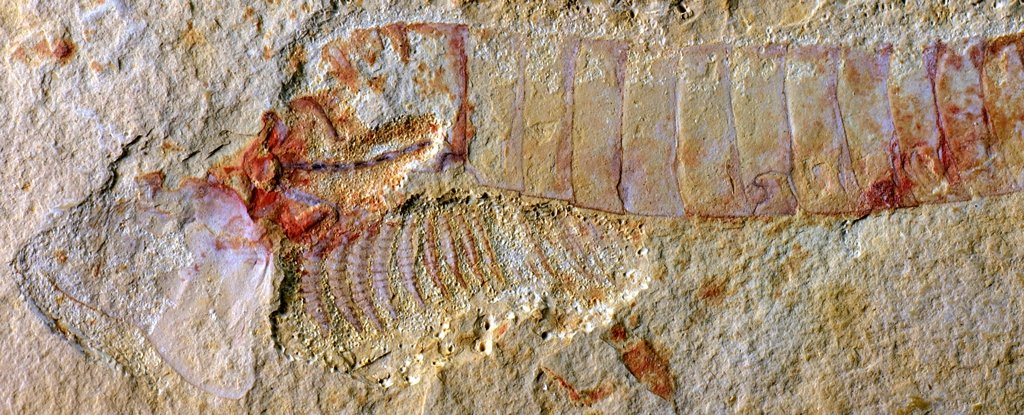
Charles Darwin famously discussed the “imperfections” of the geological record in his book On The Origin of Species. He correctly pointed out that unless conditions are just right, it’s unlikely for organisms to be preserved as fossils, even those with bones and shells.

Astronomers have detected light coming from behind a black hole for the first time, proving Albert Einstein right, yet again.
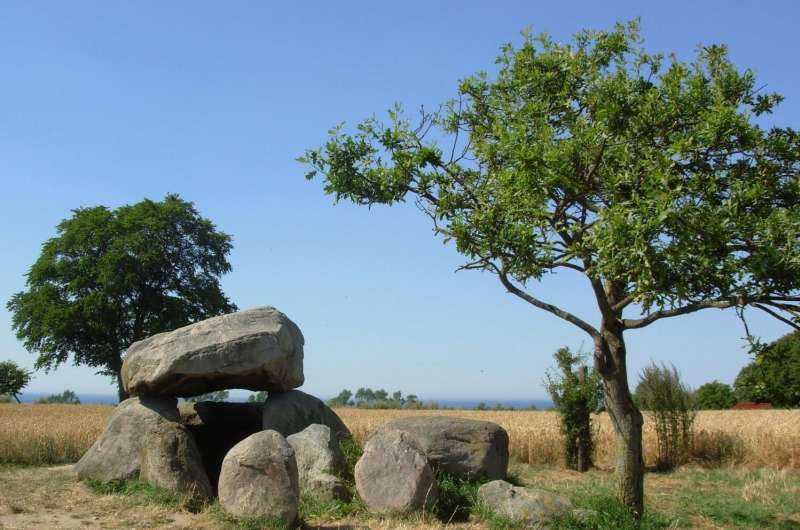
Ancient urn graves contain a wealth of information about a high-ranking woman and her Bronze Age Vatya community, according to a study published July 28, 2021 in the open-access journal PLOS ONE by Claudio Cavazzuti from the University of Bologna, Italy, and Durham University, UK, and colleagues.

Iceland may be the last exposed remnant of a nearly Texas-size continent – called Icelandia – that sank beneath the North Atlantic Ocean about 10 million years ago, according to a new theory proposed by an international team of geophysicists and geologists.
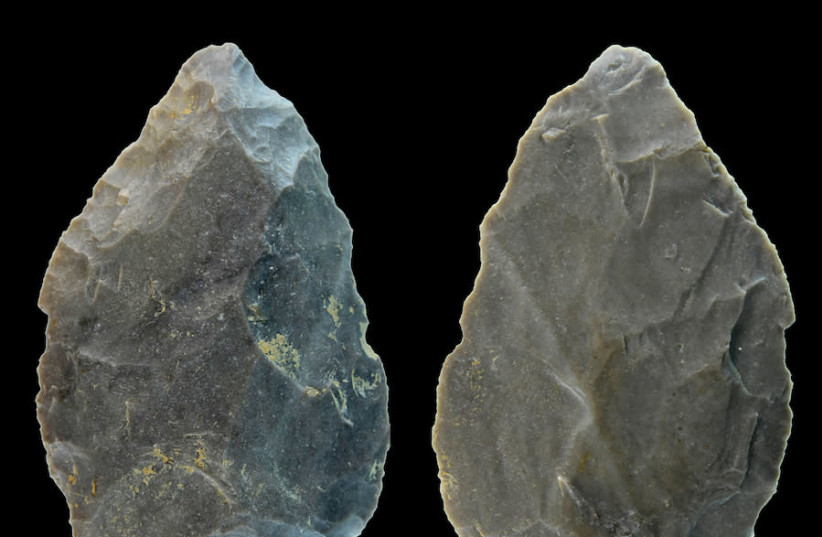
A team from the University of Tübingen and the Senckenberg Centre for Human Evolution and Paleoenvironment found a 65,000-year-old Neanderthal leaf point at Hohle Fels Cave in southern Germany, a press release announced on Sunday.
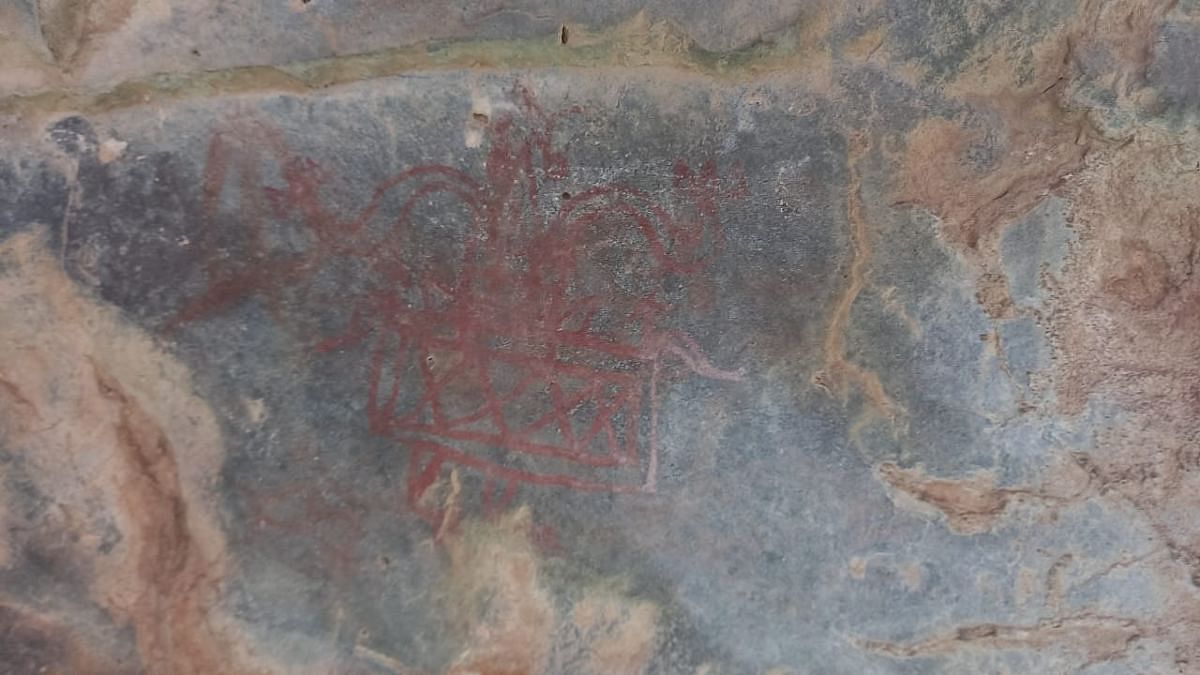
Haryana archaeology dept is yet to carry out a full survey, but believe they’ve discovered possibly the largest Paleolithic site in the Indian subcontinent.

Archaeological evidence shows that ancient people ate bread, beer and other carbs, long before domesticated crops.
Image from: Gugatchitchinadze (Wiki Commons)
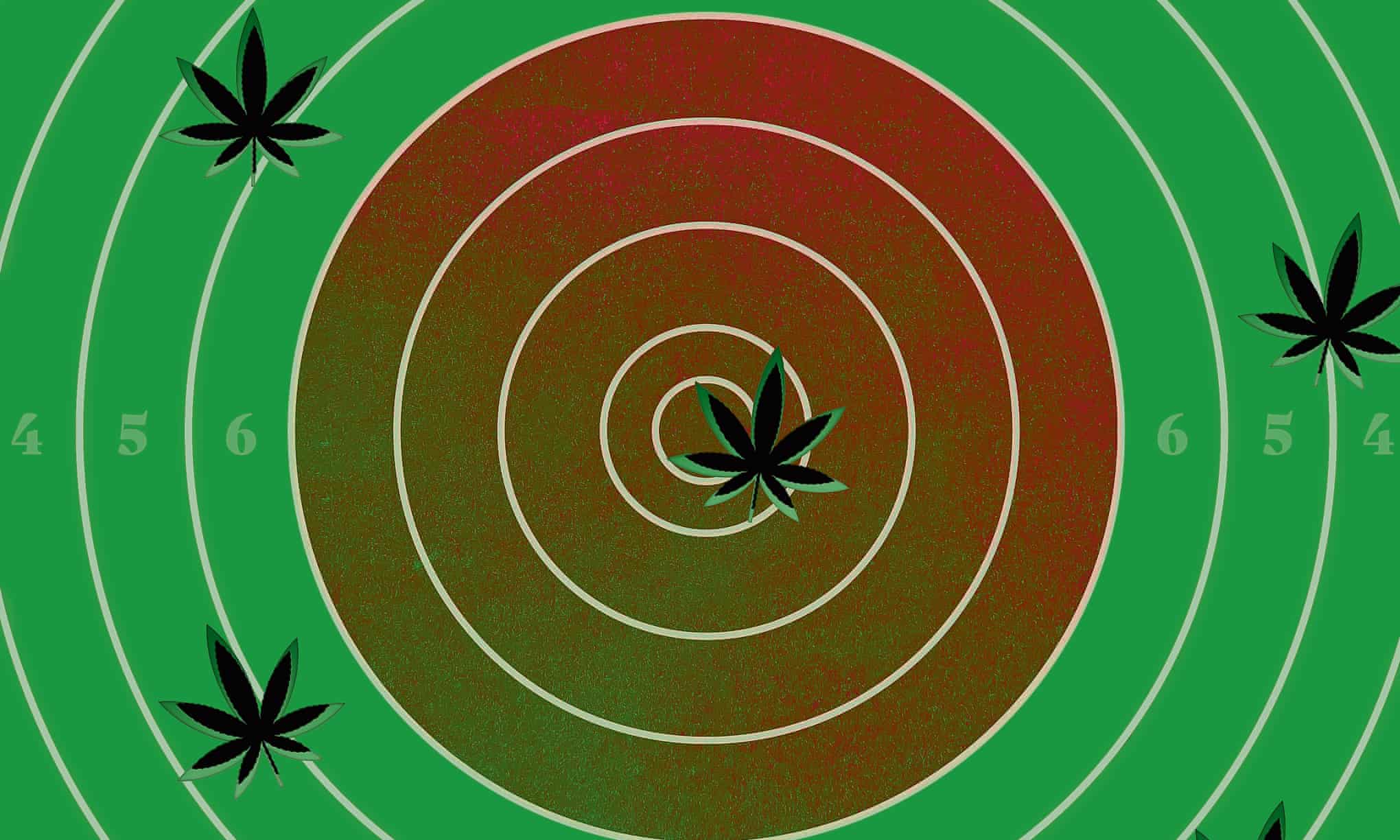
Research increasingly suggests that extracts from the plant are effective in treating pain, anxiety, epilepsy and more, but experts still preach caution around recreational use.

Language produced under the influence of the psychedelic drug lysergic acid diethylamide (LSD) displays increased levels of entropy and reduced semantic coherence, according to new research published in the journal Consciousness and Cognition. In other words, people tend to have more disorganized speech while under the effects of LSD and are more likely to jump from one topic to another.

Researchers exploring the Indian Ocean have discovered the remains of a collapsed underwater volcano with an uncanny resemblance to the all-seeing “Eye of Sauron” from J.R.R. Tolkien’s famous fantasy series “The Lord of the Rings,” as well as two other seafloor structures named after places in Tolkien’s Middle-earth.
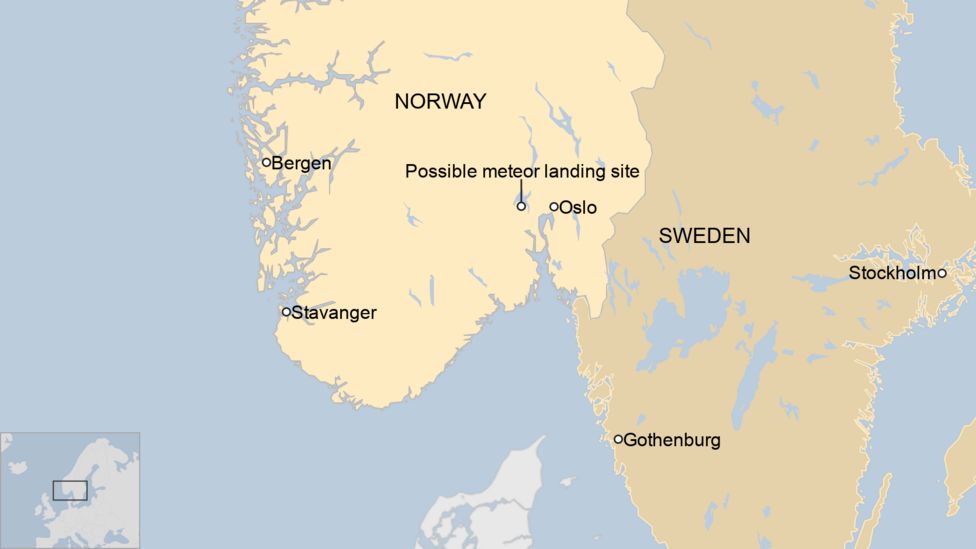
Norwegians have been left awestruck by a bright meteor that illuminated the night sky in the country’s south-east.
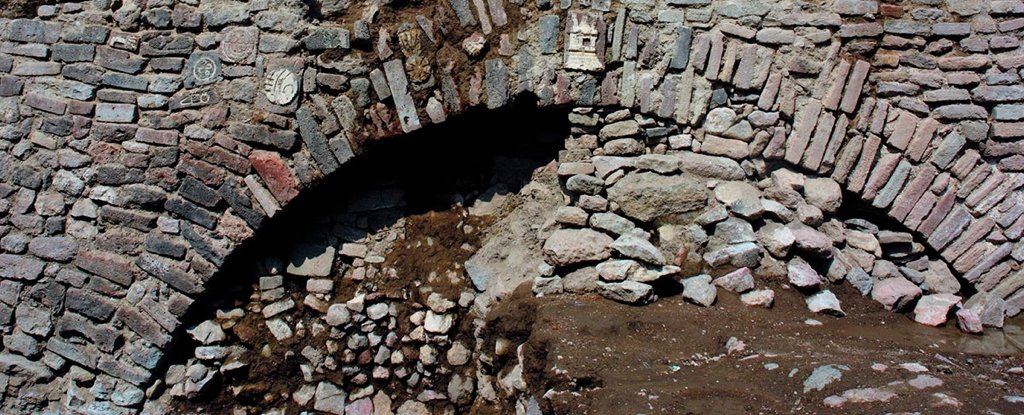
In a strange turn of events, researchers in Mexico have announced they plan to rebury an unusual archaeological monument found in the outskirts of Mexico City – covering up an important historical discovery until some unknown time in the future.








